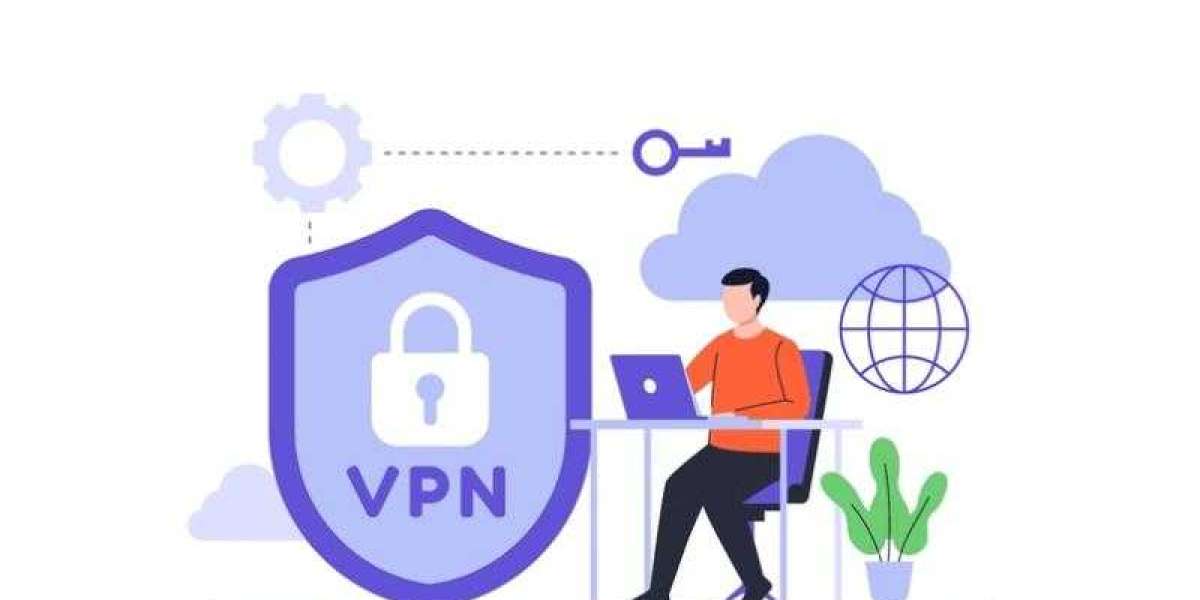In today’s digital-first environment, concerns about personal data privacy and online security are at an all-time high. Business-to-Consumer Virtual Private Networks (B2C VPNs) have rapidly evolved to meet this rising demand, offering individuals robust, accessible, and affordable tools to take control of their online experiences. A B2C VPN serves as a secure tunnel between the user's device and the internet, encrypting all data transmissions and shielding users from prying eyes. As digital footprints grow with every click, the need for private, secure, and unrestricted internet access is more relevant than ever.
The B2C VPN landscape is rapidly gaining traction among everyday internet users who want to protect their digital identities. Unlike corporate VPN solutions, which are designed for workplace and enterprise use, B2C VPNs are tailored for individuals. These services provide simple interfaces, user-friendly apps, and cross-device compatibility, allowing even non-tech-savvy users to benefit from advanced encryption and secure web browsing. With just a few taps, consumers can mask their IP address, hide their location, and access content that may otherwise be restricted or geo-blocked in their region.
One of the most appealing features of B2C VPN services is their ability to offer unrestricted internet access. Consumers in regions with strict internet censorship or content limitations often rely on personal VPN services to connect to the open web. Whether it’s streaming international content, accessing blocked websites, or simply ensuring a secure connection on public Wi-Fi networks, VPNs for individuals have become essential tools for digital freedom. This aspect of digital liberty continues to attract new users who are becoming increasingly aware of their digital rights and risks.
Security is another cornerstone of B2C VPN technology. With data breaches, cyber threats, and invasive surveillance becoming more prevalent, people are seeking proactive measures to protect their online presence. B2C VPNs employ military-grade encryption protocols that safeguard users' personal information from hackers, advertisers, and even internet service providers. These VPNs often come with additional features such as kill switches, DNS leak protection, and zero-log policies, reinforcing trust and ensuring that user activity remains completely private and anonymous.
Ease of use is critical to the widespread adoption of B2C VPNs. Most consumer VPN services now offer intuitive interfaces, quick-connect buttons, and automated server selection to make the experience seamless. Whether on smartphones, tablets, laptops, or smart TVs, users can activate a VPN in seconds and instantly enjoy a private and secure browsing session. This level of convenience has turned VPN apps into everyday tools, not just niche products for tech enthusiasts.
As streaming services continue to dominate online entertainment, VPNs for streaming have emerged as a popular B2C VPN use case. Consumers often face regional content restrictions or library variations based on their location. A personal VPN allows users to bypass these barriers by selecting servers in different countries, thereby accessing a broader range of shows, movies, and sports events. The ability to enjoy unrestricted content while maintaining high-speed connections makes VPNs indispensable for modern entertainment consumption.
In the realm of mobile and remote connectivity, B2C VPNs are proving to be more relevant than ever. With the rise in mobile internet usage, people are frequently connecting to unsecured public networks at cafes, airports, and hotels. These open networks are often hotspots for cybercriminals. By activating a consumer VPN service, users can ensure their data is encrypted, making it extremely difficult for malicious actors to intercept sensitive information such as passwords, credit card details, or personal communications.
Beyond individual security and access, B2C VPNs are also playing a role in promoting digital ethics and transparency. Some providers emphasize no-log policies, transparent business practices, and ethical data management to align with growing consumer demand for accountability in tech services. This focus on ethical service delivery is setting a new standard in the VPN industry, where consumer trust is a vital differentiator.
The rising popularity of best VPN apps highlights the changing attitudes towards personal cybersecurity. More users are taking their privacy seriously and actively seeking solutions to reclaim control over their online activities. From casual internet users to remote workers and avid streamers, the appeal of encrypted internet access is growing across diverse user groups. This cultural shift toward personal digital protection is reshaping how consumers perceive and utilize internet services.
As the internet continues to evolve, so too will the expectations of its users. The modern digital consumer values privacy, speed, reliability, and transparency—all of which are core features of leading B2C VPN solutions. With technology and threats both advancing rapidly, B2C VPN services are set to remain a cornerstone of digital self-defense and freedom in an increasingly connected and complex world.
Source - https://www.marketresearchfuture.com/reports/b2c-vpn-market-20693
The B2C VPN industry is no longer a niche corner of cybersecurity—it is a mainstream solution meeting the critical needs of everyday consumers. Whether for secure browsing, global content access, or protecting personal information on the go, B2C VPNs offer a comprehensive, easy-to-use, and reliable option for navigating the modern digital landscape with confidence.








